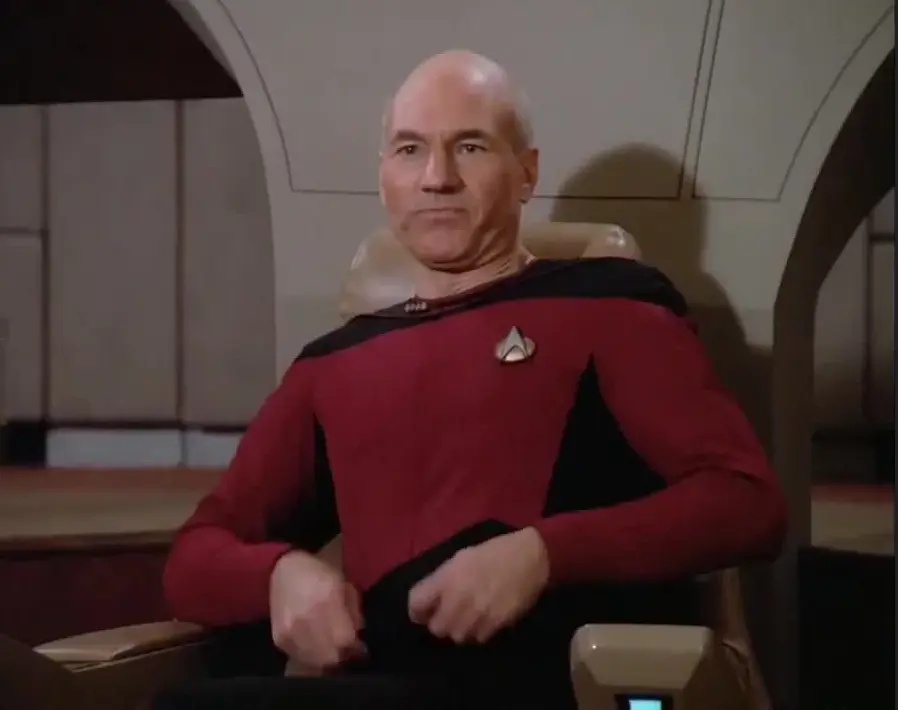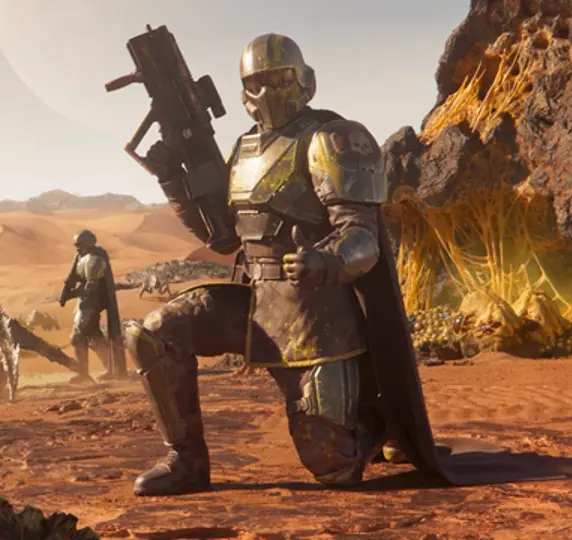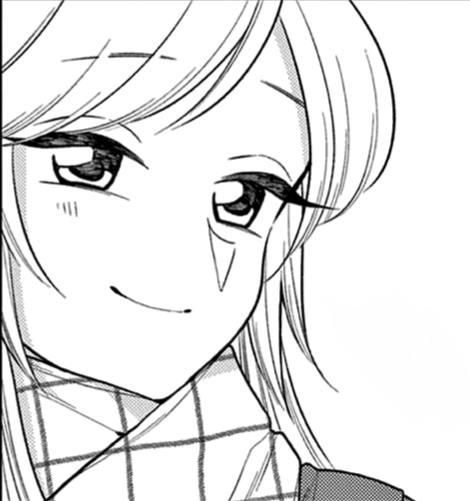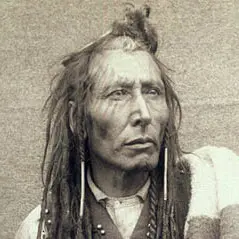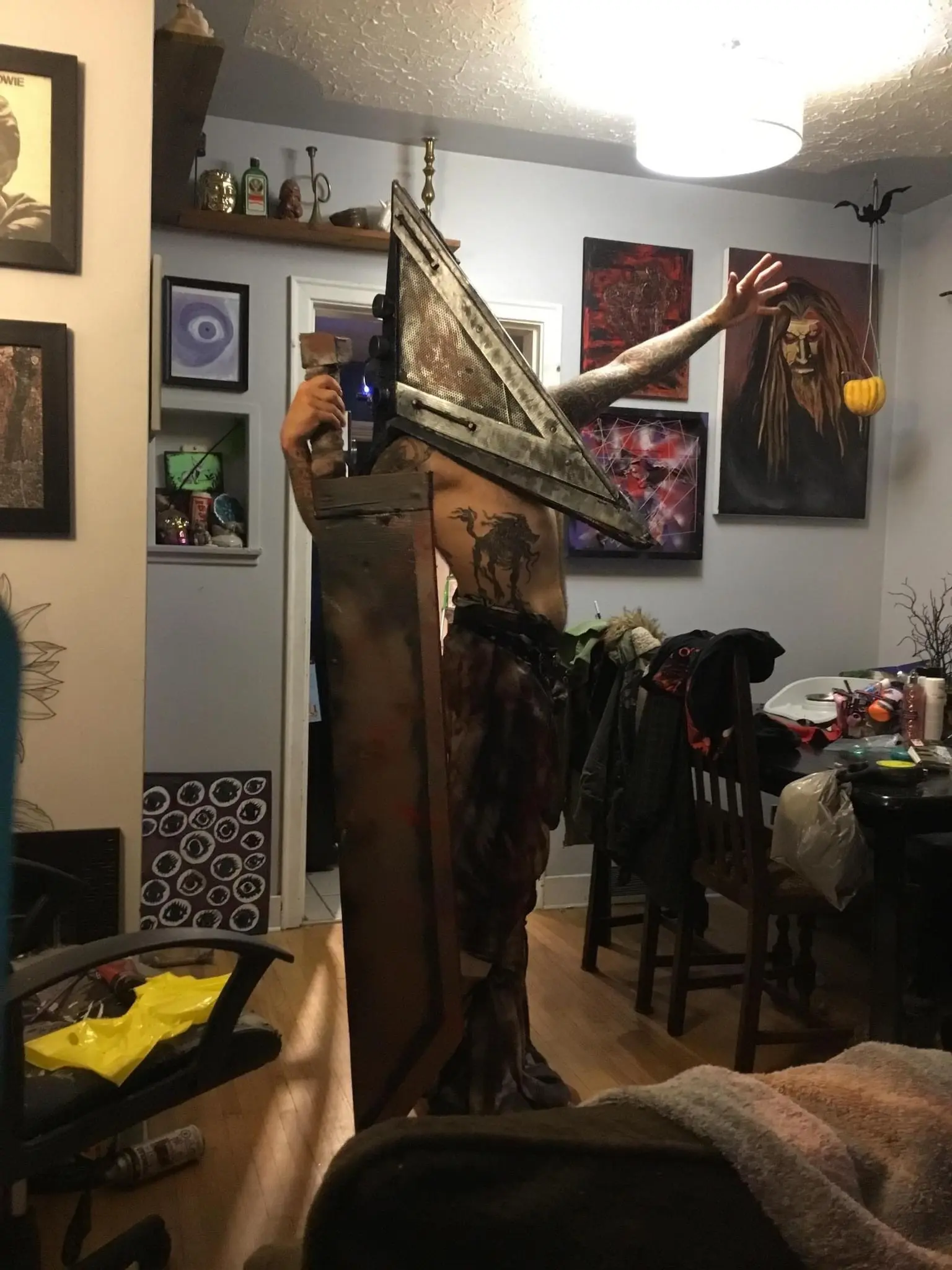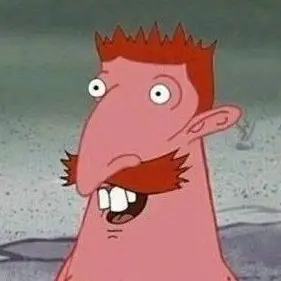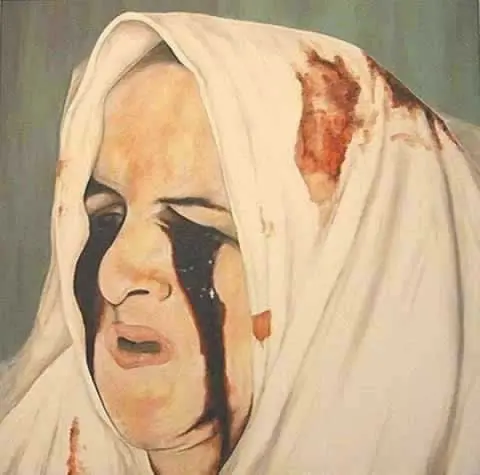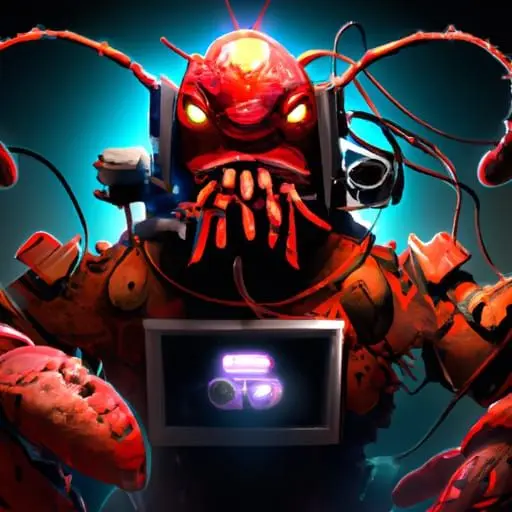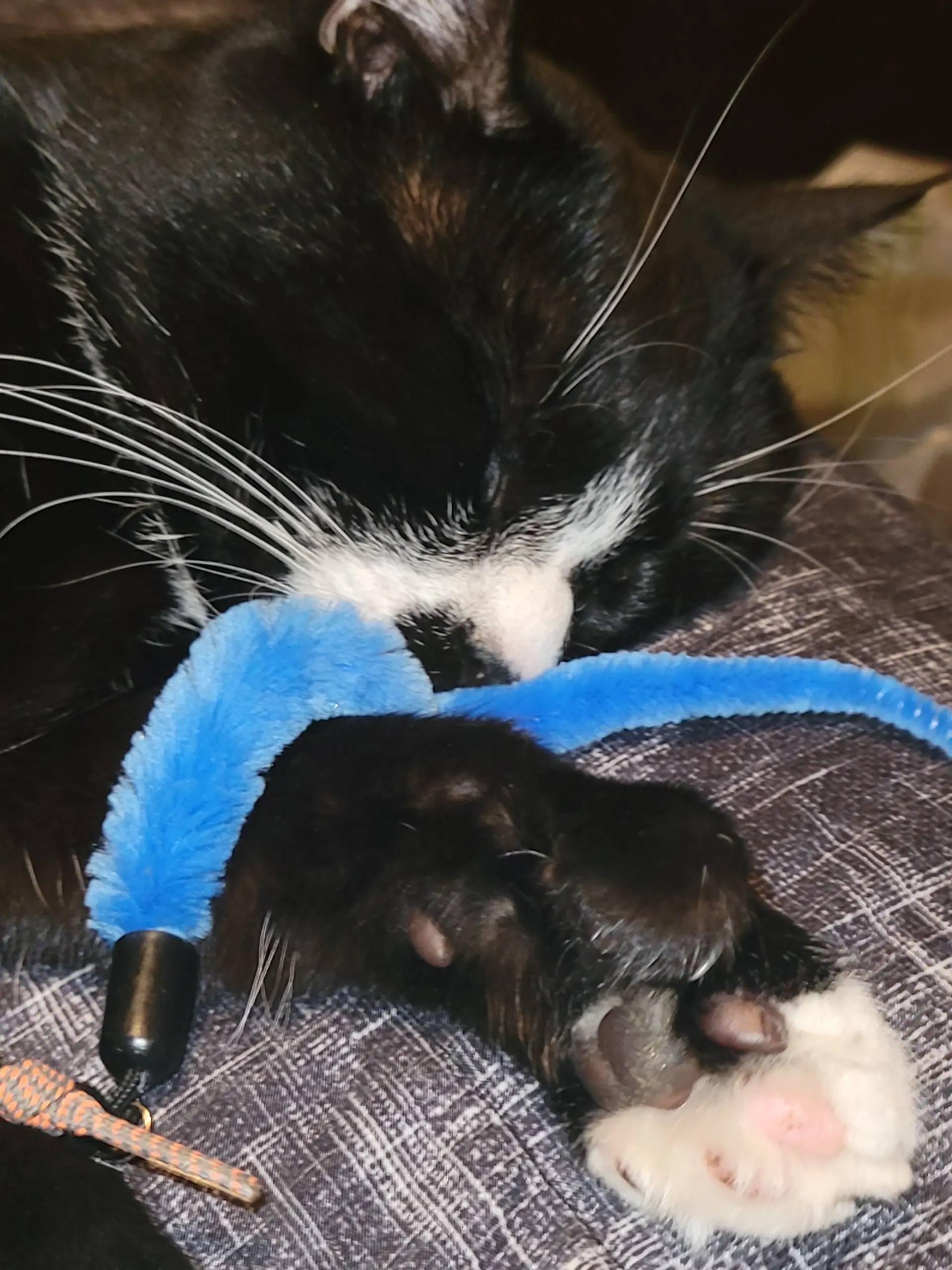- cross-posted to:
- autism@lemmy.world
- cross-posted to:
- autism@lemmy.world
Perfect is the enemy of good.
Related to what you said, but not necessarily this post: I was so damn frustrated with my neighborhood community the other day. We had a vote on whether or not to repurpose a huge grass field that takes up a ton of water and sees very little use. We’re wasting a ton of money (and water) watering this pristine empty field.
The main argument for keeping the field was “we waste water in other areas of the community as well. The common-area sprinklers were on when it rained the other day. We need to address all waste before making a decision about this empty field.”
There are a lot of people that don’t realize you can make incremental progress towards a goal.
right. I feel like the world is desperate to pretend we aren’t standing on the shoulders of giants. who wants to reinvent everything, every time. use the paths already there and find shortcuts along the way, then mark them and leave them for the next traveller.
This is why I write down everything when I’m setting something up that’s new to me. Even if I go off someone else’s tutorial I put it in my own words. That way when I come back to it later I’ll understand it and if I run across someone else that’s trying to do the same thing I have at least one step by step guide to offer them.
This might actually be helpful for those stressful github tutorials that I come across when trying to setup some open source software because I can’t understand it because of the way they’ve written it
Recognizing that for a second would destroy the basis of private property. How can you say “this is mine” when it comes attached to the work of a million others?
deleted by creator
Anything worth doing is worth doing poorly
Don’t force yourself to be perfect, allow yourself to be the best you can be and you’ll flourish
Damn that’s a good quote I made
The cost of perfection is infinite.
I “do astrophotography.”
…I strap my phone to a telescope and I’ve been loving it lol
Strap your phone to a telescope?
So it’s a tele-phone?
Wait a min…
It’s a tele-tele-phone!
I did macro photography for a while by flipping my tele lens and holding it up to the mount the wrong way.
…why did I never think of this? Ingenious.
I got ADHD (why I did it) and got lucky (it didn’t break).
And I thought digiscoping was janky ghetto photography. This is just next level janky!
The best part of learning astrophotography is not so much in taking awesome pictures … it’s the excuse to spend hours and hours sitting outside in the dark and staring up the night sky every night. To me the pictures are a bonus.
Absolutely! Just learning the positions of everything now and being able to describe them to people during the day has been pretty awesome. “Useless” knowledge, but I’ve always loved space lol
It’s not ‘useless’ knowledge … if learning about the wider universe outside our small planet makes you realize what your place in this reality is, then I really don’t think it is useless, rather it is critically important because it makes our small insignificant existence in this vast universe far more special and humbling to the point where we look and see everything and everyone around us as so miraculous that we should do everything we can to enjoy this time that we have together in peace, love and harmony. It makes you realize its all we have and all we’ll ever be.
Definitely not useless knowledge.
Keeping looking at the stars, I’m watching the same sky as you.
The knowledge of the position of the astres is anything but useless! It is one of the most pratical thing you can learn both for modern life application and very traditional use case.
Hey, nobody would have questioned the worse quality cameras that astrophotographers were doing this with 20 years ago. Even though it’s your phone now, it counts!
That’s true and I can just plug it into my computer afterwards and do post processing!
Phones are arguably some of the most powerful consumer cameras ever built. That Nikon or Canon might have more funny buttons and settings, but your phone camera is pretty powerful on its own.
In some ways phone cameras are very impressive, since CCDs are now cheap and good enough that they’re no longer the bottleneck. All the computational photography stuff they do boosts their capabilities even more.
The thing that really limits them is the size and optical quality of their lenses.
Hell my phone camera now is advanced enough that it has the ability to do “astrophotography” on its own without a telescope. The pixel series of phones after 4 has an astrophotography mode, the “ai” processing slightly corrects for star trailing. It’s been pretty crazy to just point my phone up and catch Andromeda or the Orion nebula!
God this is so true. I teach compuster science, and I always make a point in one lecture to show the students how many tabs full of basic questions I have to open when grading their assignments. Nobody can memorize all of this, and it’s so important to shake off that feeling of not being good enough just because you have to look something up.
Career software developer - Years and years ago I stopped reading programming manuals and trying to remember the syntax of languages. I just google the same basic things over and over, and often paste & edit example code.
me: does a thing because I like it and I get kinda not shit at it.
Everyone else: HaVe You cOnSIDErEd DoinG ThaT PRofEssIONaLLY? YOu cOULd mAKE so MUCH MOneY.!1!
me: fuck off. I have a job. I do this for me.
everyone else: Do What yOU LOve anD You’lL neVER worK A dAy IN Your life.!
me: turn your hobby into your job and you don’t have a hobby anymore. There’s no faster way to hate your passion than to monetize it.
I lost interest in photography for several years because of this. And because I’m a slow learner, I did the same thing with woodworking An extra few bucks doing a random thing or two is nice, but the side hustle gig mentality is toxic
There’s a word for that: jobby
As you said, it’s not healthy to turn every hobby into a jobby. The best thing about hobbies is the lack of urgency and technical criteria. The whole point is to do it for fun.
Jobby sounds like something men do in their free time when nobodies watching
I feel so seen!
I do not want my customer’s money deciding how I do my favorite things! That’s for ME.
I’ve got extremely good dexterity and my favorite hobby is flow arts which is a visual spectacle. This results in lots of attention and I’m always hearing that I gotta make money with it.
Yep, I do have a business out of my hobbies, but I definitely have lost some fire for a couple of those hobbies I now depend on for income.
That’s why it’s funny that the bicycling community talks of “dentists” with all their gear. The people best equipped to really pursue that hobby wholeheartedly are the people who make a shitload of money doing something completely different.
I’ve been playing guitar for 25 years and I kinda suck. I’ve forgotten everything I know about music theory, I don’t know any songs and my fingers just don’t move that fast. But I enjoy coming home and making some noise for 15-20 minutes. I just move my hands around and make a lot of bad sounds until I start making a good sounding riff then I’m done.
That’s how I used to play guitar, too. I got a cheapo sound pedal with a bunch of effects and premade back beats. Try to play some songs that I know. Sound bad. Keep doing it until I get bored or it sounds kinda cool once. That’s enough for the week.
Am I ever gonna be anywhere close to decent? Nope. Do I care? Nope.
Nothing like poverty to teach you how to do things yourself.
I grew up poor. We’re didn’t suffer or starve, mom and dad just never had any extra to give us kids anything like fancy toys or games or anything. I remember being completely bored out of my mind in the house and wanting a snack. The best thing we could come up with was toast and butter … but sometimes we didn’t even have butter so we opted for lard instead … and sometimes we didn’t even have bread! (but we didn’t opt for eating pure lard)
What that meant was that I spent all my life learning how to do things myself and on my own. I learned carpentry, plumbing, electrical, mechanics, welding, metal working, landscaping, operating machinery, small engine mechanics, boat building / repairing, hunting, trapping, camping, survival … mostly because we lived away from the city and we are Indigenous … we never had anything or anyone help us so we had to learn to do things on our own. I remember being on many snowmobile trips into the wilderness and breaking down … dad would just spend hours or even a night or two camping, tearing apart an engine, fixing a problem, putting it all back together and going on our way again. Same thing in the summer with an outboard. It all just built confidence for me and my brothers and sisters to never be stuck in any situation. We just learned to do what we could, work at it and figure it out. Sometimes we might not do a great job because we didn’t know what we were doing and other times we were geniuses because we had messed up so many times before that we finally figured out how to do it right.
Once you build the skill and confidence, you can do just about anything in any situation … then the world doesn’t feel so intimidating any more. It’s a skill and you have to learn to do it. And the only way to do it is to just go out and get started with it.
I learned carpentry, plumbing, electrical, mechanics, welding, metal working, landscaping, operating machinery, small engine mechanics, boat building / repairing, hunting, trapping, camping, survival
What a skill set! I’m impressed.
It doesn’t mean I’m the best or a professional or make the best work … I am just capable and comfortable in doing these things.
It’s amazing what you can learn when you are forced to.
Also … if anyone wants to argue intelligence … dad didn’t like speaking English, he knew how but just never liked it and preferred our Native language (his English was actually terrible) yet he was able to build several small businesses and equipment companies with city people … and I have several cousins with a grade school education and are the same way with the English language yet can tear down and rebuild entire vehicles. I also grew up watching old trappers and hunters that didn’t speak the English language at all but they played chess like grand masters.
What I’m saying is that it doesn’t matter what you know or learned in school or how much education you have … all you need is a bit of motivation and confidence and most people everywhere no matter their circumstance are capable of doing many, many things.
Don’t sell yourself short. That’s an impressive, useful skill set. Not everyone could acquire the same skills you have just by watching. And not everyone can muster the motivation and confidence to even attempt new things. And then there is the aspect that you chose to take advantage of the expertise around you. On the other end of the spectrum, you could have ended up like me with a completely shit character build where I dumped most of my stat points into being a nerd long before I knew how the game was played. Being a walking wikipedia and chatgpt-level bullshitter is quickly being obsoleted. But it will be decades before we have robots that will fix your shitter.
Sometimes we might not do a great job because we didn’t know what we were doing and other times we were geniuses because we had messed up so many times before that we finally figured out how to do it right.
As I grow older, I find this is how you become an ‘expert’. You start not knowing how to do it, then you figure out all the wrong ways to do it by doing it wrong. Eventually, when you have messed it up in more ways than anyone else you know which paths not to take and you are then the expert.
This is exactly how I got good at maintaining/using computers! I had this old Dell Optiplex gxb with just a Pentium 2 or 3 and 4gb of memory. We lived out in the country and this computer was my only real connection to the rest of the world, so I had to make damn sure not to break it! In fact, I had to fix it several times! I can’t tell you how nervous I got putting the mobo in the oven, but it worked! HDD in the freezer? Welp, it worked! I wondered if I might have to put the mouse in a toaster at that point.
Anywho, I think it’s the mentality that gets us more than the reality of the conditions. When you gotta be careful, you’re gonna be.
That’s hilarious because I was the same. I was never able to afford the latest computers, laptops or electronics… so I spent a lot of time maxing out every device, learning to download software, massive (10 MB) updates on a dialup connection, learning to use cracked software, then graduating to Linux and open source software … I’ve tried the freezing hard drives to rescue them but never tried baking my mainboard!
Yeah, the baking is specifically to fix cold solders without needing to see them or have a soldering iron or whatever. If you look up wave soldering on YouTube, you’ll see that PCB can stand up to ridiculous temps!
I can’t even imagine how you manged to learn all that while being poor
I’m trying my best but it’s so goddamn hard. I went to two trade shows past weekend and actually talked to someone new (well, the same person twice, but still). But literally every other person there had a much more extensive collection and knowledge than I do, after 5 years of obessessing over the subject.
I will always just be a very lightly informed amateur without real skills in any field.
People struggle to put themselves out there as amateurs because of this feeling, but it’s totally fine. Most hobbies wouldn’t exist without a range of enthusiasts and skills.
Like, I’ve been pretty into chess for the past couple of years, but I’m still barely “intermediate” at best. Browsing forums and stuff, it seems like everyone is a top 1% player, but that’s mathematically impossible.
Amateur’s etymology is “amator” meaning lover. It’s ok to be an amateur. It shows you’re enjoying yourself and interested. You don’t need to be the best, just do what is fun to you. Life’s too short to be a jack of all trades professional.
If there’s one thing I’ve learned about hobby based trade shows, it’s that the highly experienced, obsessed, informed people in obscure hobbies tend to want to spread their knowledge.
Don’t obsess over not knowing… put yourself out there and talk to people and get them to tell you what they find exciting. They will unload knowledge on you and be excited to do so.
It’s just extremely humbling to realize that in this lifetime, I will never have enough time or money to even rise to a middling position in the field. It doesn’t diminish my genuine love for the subject or my personal drive to collect and learn what I can, but at the same time some millionnaire could start in my field tomorrow and have surpassed me in every way including knowledge in just a few months, and that makes me… not envious but just sad. I’ll always be just the dog getting table scraps while the “real” players feast at unimaginable, unattainable hights in perpetuity.
It took me about 7 years to be good at my trade. I was really bad. It did not come easily. It was a nightmare, and seeing guys with less experience than me pick it up way faster than me was demolishing for my self esteem. But I kept at it, decided I was in too deep to quit and I liked it, picked up way more hours and held my head above water. Now I’m the best carpenter I know and own my own contracting company.
It sucks being a slow learner, but if you want it bad enough you can have it man.
I’m a 38 yo straight dude with a potty mouth and a bad attitude. I love sewing. Idky and I’m terrible at it but it gives me the good feels so I practice as much as my brain will allow.
Yeah well you’re also part of what we fight the patriarchy for. It’s sad that people don’t thing someone like you might enjoy sewing
Also a dude, sewing is fucking great! Thinking back, I’m pretty sure I learned to sew long before I learned any other forms of making, childhood me made lots of felt toys and crafts for friends and family because materials were cheap, accessable, and pretty easy to work with. I love being able to take a pile of fabric and make it into something functional, or at the very least mend my clothes to get more life out of them.
I made a kick ass cover for my smoker for pennies on the dollar and a higher quality custom fit than anything I could ever purchase. All my favorite cloths look far newer than they actually are, as well. I recently learned how to properly do Zippers and now all my winter cloths have brand new hardware saving me god knows how much by not needing to buy new cloths.
As someone who occasionally does professional photography/ filming, the auto setting on your camera is fine if you’re just snapping pics. Where you’d want manual is if you were taking a larger series of photos and wanted to apply the same effects/ processing to the batch.
As someone who never did photography professionally but as a hobby, I learned the manual settings when automatic failed to take a good photo.
You’re totally right, but I would also say this is a great point for understanding/ learning photo editing software. More as a tool in your pocket so that when you don’t get a nice photo, you know what is or isn’t fixable.
the automatic setting might give you 1/30 of a second when photographing fast moving animals or 1/500 with aperture 2.8 when photographing landscapes, neither of which will give you good photos :/
Aperture, shutter speed and ISO aren’t very hard to understand and applying them correctly will give you a lot better photos.
There is also semiautomatic modes which allow you to specify part of that triad without needing to exactly know how best to adjust all three.
I figure it depends mostly how much time you have to take your shot. Though im not sure how fast someone can get with manual mode with practice.
Yes, semiautomatic are what you should use most of the time really.
Agreed! I was surprised how easy it is to learn the basics, it really does help if you want to get better photos.
Fwiw, the book Understanding Exposure was a nice entrance to photography basics for me… Really helped nail down what aperture, shutter speed, and ISO are for…
Are you telling me I installed Arch (btw) for no reason??
It said do a hobby for the fun of it, not create pain and suffering
deleted by creator
If the reason was so you would understand you never have to do it again then the answer is no. Just install slackware. Then you will really learn how things work. Compile that kernel leaving out all the bits you don’t need.
Also for real fun daily drive Gentoo.
I also love to watch someone unlock this super power within themselves. To not stress out about the wonky pancake or the missing crochet stitch.
I think some people are misunderstanding what this is trying to say. It’s not saying that you should always take the easy route with your hobbies. It is not saying that you shouldn’t learn the “right” way to do your hobby.
It’s saying that it’s just a fucking hobby. It’s purpose is to be enjoyed not mastered. Do it the hard way when you’re feeling it. But don’t force yourself to struggle because someone on the Internet said that this way is how you learn the most efficiently or get the best results.
It’s saying that it’s just a fucking hobby. It’s purpose is to be enjoyed not mastered.
Yeah, too many people preemptively gatekeep themselves: you’re not a real (hobbyist) unless you master (narrow part of the hobby), so you’re not allowed to take up that hobby until you’re ready to commit to that boring/tedious/difficult part.
I play chess and I don’t know the names of openings (and still have a lot of trouble with following notation). Who gives a shit, I’m not going to win tournaments. But I still have fun with it, occasionally play strangers in the park, and have been having fun teaching my kids how to play.
I half-ass my fitness and workout routine. Sometimes I go months in between gym sessions, and sometimes I go 6x a week for months, break some PRs, and then go on living my life. Sometimes I run 500 miles in a year, sometimes I run 10. Whatever. Life gets busy, and my own preferences shift between whether I want to do cardio, weights, sports, yoga, metcon/CrossFit style classes, or just sit on my ass and get weak and fat for a year. I’m in my 40’s, so I’ve been all over the place on all of these things.
I can watch a TV show without needing to start from the pilot and watching every episode that came out. I can watch a movie without trying to understand every reference to everything else in the same cinematic universe. I enjoy watching basketball and football even when I can’t name all the players, much less their whole career histories.
And after all that, a funny thing starts to happen. You find that you actually are pretty good at certain things compared to the public, even though you didn’t wholeheartedly devote all your effort to that thing.
I like being a dilettante. It’s awesome and I’d recommend this lifestyle to anyone. The best way to enjoy a hobby is to be unburdened by expectations.
I feel this so much. I got into stamp collecting, and I totally enjoy stamps and mail and all, but (old) people are so pretentious about it. The worst are the total hypocrites about it, too.
"I got into stamps when I was young, but I stopped when I went to university/started working/had a family because I didn’t have time for it, and came back to it after I retired.
"Philately is supposed to be academic and scholarly. You’re not a real philatelist if you’re not doing original research.
"Young people just don’t have the patience for stamps!
“The hobby is dying, why don’t young people want to collect stamps anymore??”
Actually, a lot of people do and share lots of stuff online (where the old people are not seeing it and thus is not happening). We’re just not writing 16-page papers about them (which is the standard a expected thing to do in “philately”).
deleted by creator
Random picture from a non-native: what does “tracing a picture” mean in this context?
I couldn’t find the meaning
It means putting a blank piece of paper over the picture and using the picture to help you draw on the sheet. So instead of free-drawing a pigeon you are copying/tracing it.
Ahhh, thanks! It’s important not to scratch the screen, though - paper makes a poor screen protection :D
Most phone screens today are very hard. A graphite pencil will not do permanent damage. Avoid using metal tip pens and you should be fine.
Aight, the more I know :)
Every time I share my photography with my parents, they suggest new ways I should be selling it. Just let me enjoy the pretty birds, dad
At least your parents are supportive.
Every time id share some creation of mine in my late teens and early 20s with my mom, I’d just hear a random smattering of reports on shit her “friends” (vague acquaintances) had done with no acknowledgement of what I had created.
At least the skills I picked up over the years landed me a job where the things I make are objectively crap and everyone who I don’t really care about sings my praises.
That’s also a nice compliment though, I.e. it’s so good they think people would pay for it!
The internet has made serial hobbying so much easier. “Back in the day”, it was much harder to expand your skills, so you learned a few things really well.
Now there’s more opportunity to find something that fits your style, so half-assing is really just the trial period before you move on.
As a “still a serial hobbiest”, It’s great.
Growing up in the 90s, there were so many hobbies that were unobtainable.
Like, I was a kid and didn’t have anybody to teach me about trees. So they recommend you go to a library and get some books on trees. But the books are either at a college level, or something extremely basic. And your support was only as helpful as the librarian. So they knew zilch about the topic, you’re fucked.
Today, you wanna know about trees? Visit a wiki. Watch YouTube videos. Ask AI. Go to the library with actual resources to get the right books or audio books.
Huge opportunity and a wealth of information.
Exactly. I’m an 80s and 90s kid.
I’m just like that. We should open !serialhobbiest to talk about and share the result of our last hobby.
I really like that!
A while back, Someone shared their collection of radioactive ceramics. Opened up a new world for me!
Waouh! I want to learn that.
Yes plz
